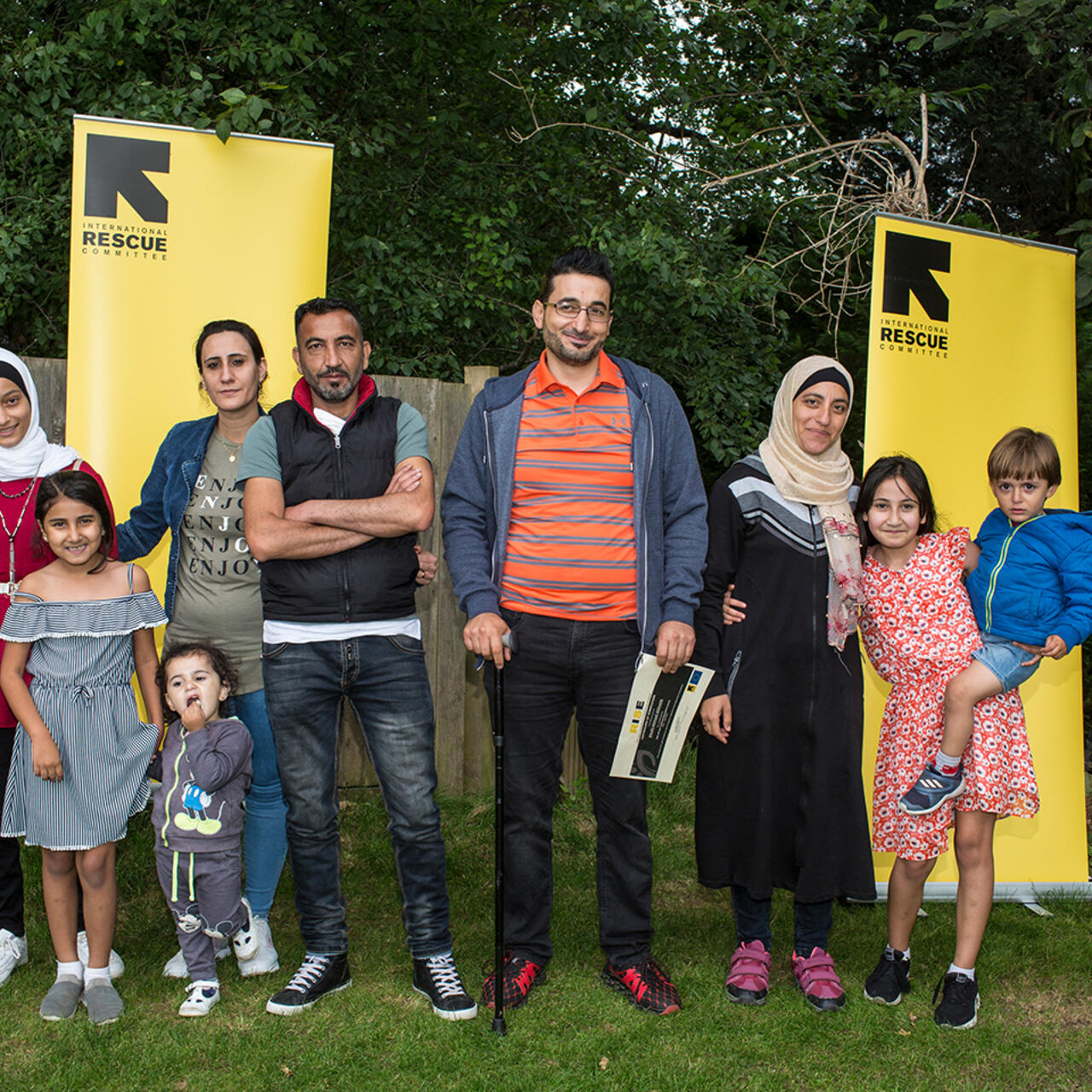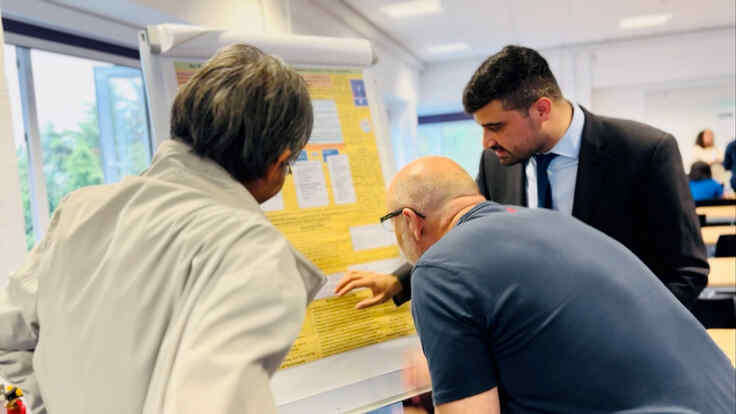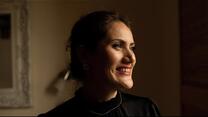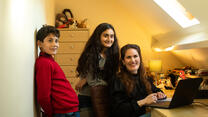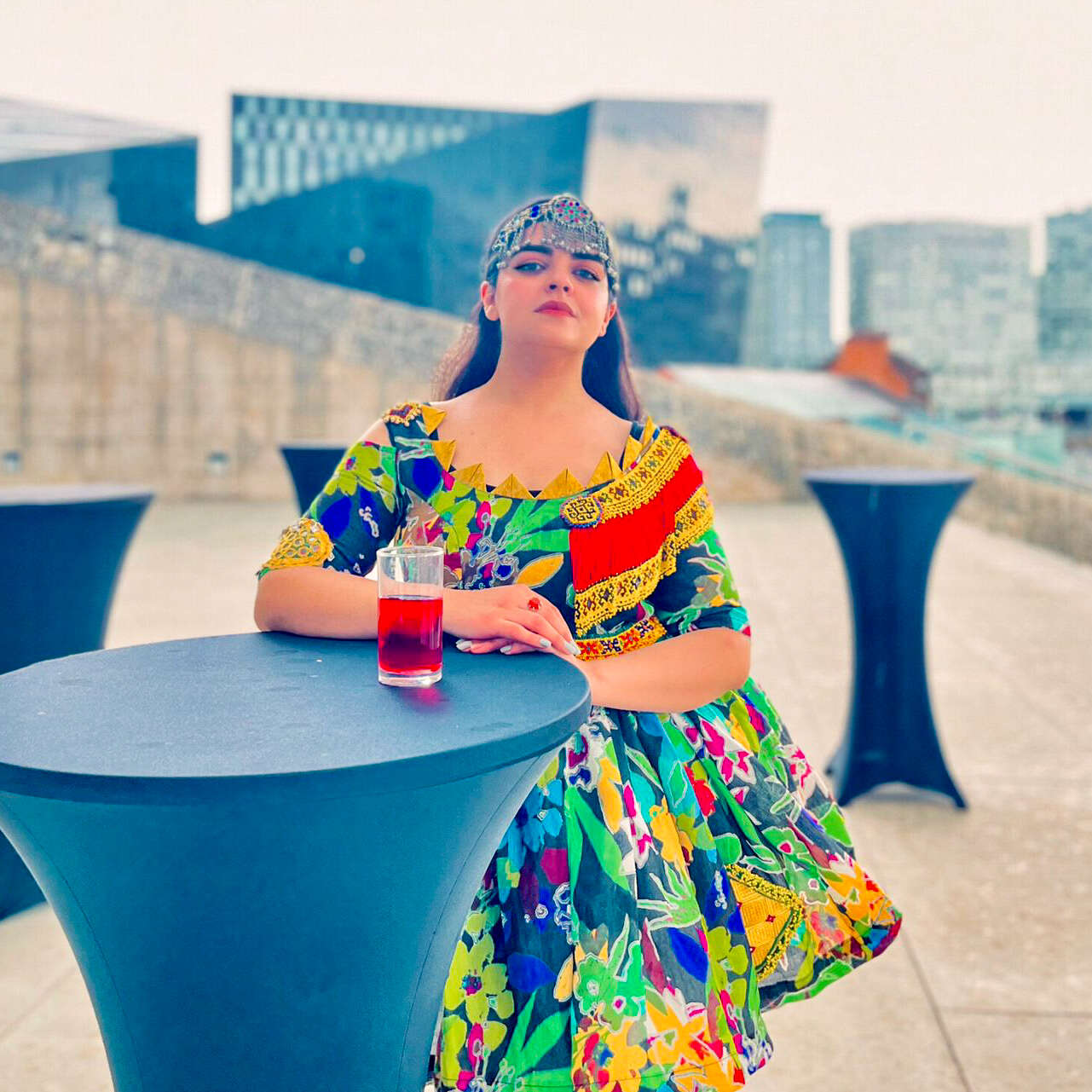The IRC RISE programme will offer resettled refugees the knowledge and confidence to thrive, whilst also equipping their local communities with the skills to better support them. This will be achieved through a range of activities, such as group training sessions on cultural orientation, exploring how to understand and navigate local services, as well as mentorship schemes to foster mutual support and progress.
The IRC believes that the integration of women should be a priority in its own right, therefore the RISE programme will focus on supporting refugee women in particular. We know from other countries where we work, that even when refugee women are allowed to work legally, many face discriminatory norms and administrative barriers to accessing employment. Through inclusive, tailored civic and community engagement activities, RISE will increase community participation, build confidence and strengthen the resilience of refugee families, particularly women, to take control of their future.
The programme targets adult refugees aged 18 to 65 through a blend of mixed and gender-specific activities, which address cultural and practical barriers to ensure full and equal participation of both men and women/
Moving to a new and unfamiliar country can be a daunting prospect but we know that when welcomed, refugees have much to offer. But even when refugees land safely in Britain, they still face significant challenges on the pathway to rebuilding their lives, such as employment, language, education and access to basic services.
This is why integration support for refugees is so essential. Refugees are an asset to the UK, enriching local communities whilst also making an important economic contribution. They pay their taxes, they support local commerce, and they start their own businesses providing jobs, as well as filling jobs for welcoming employers.
Evidence from other contexts where the IRC work, speak to the economic potential of refugees. In the United States, 84% of refugees enrolled on IRC employment programmes were economically self-sufficient within 180 days. IRC research has also found that refugee women could make a significant contribution to global GDP, if employment and wage gaps were closed in each of the top 30 refugee-hosting countries.
We skill refugees with the knowledge they need to navigate their community and become self-sufficient. We work with local communities themselves to help them be better equipped to support the integration of local refugees, and we support all refugees — including women — to actively access opportunities in their local areas.
Our refugee integration programme will focus on the following key areas:
- Cultural Orientation Workshops
- Refugee Leadership Group
- Peer Mentorship Programme
- Community Interpretation Training
- Employment Readiness
This project is part-funded by Khalsa Aid International and the EU Asylum, Migration and Integration Fund. Making management of migration flows more efficient across the European Union.
The Asylum, Migration and Integration Fund (AMIF) in the UK is administered by the UK Responsible Authority (UKRA), which is part of the Home Office. The funding was allocated under the EU’s 2014 to 2020 multiannual financial framework (MFF), implementation of which will conclude at the end of 2022.
Khalsa Aid International is a UK-based humanitarian relief organisation, providing support worldwide to victims of natural and man-made disasters. Founded in 1999 on the Sikh principle of recognising the whole human race as one, Khalsa Aid has provided crucial humanitarian aid to millions of people around the world through its Emergency Relief Projects and Global Development Programmes.
